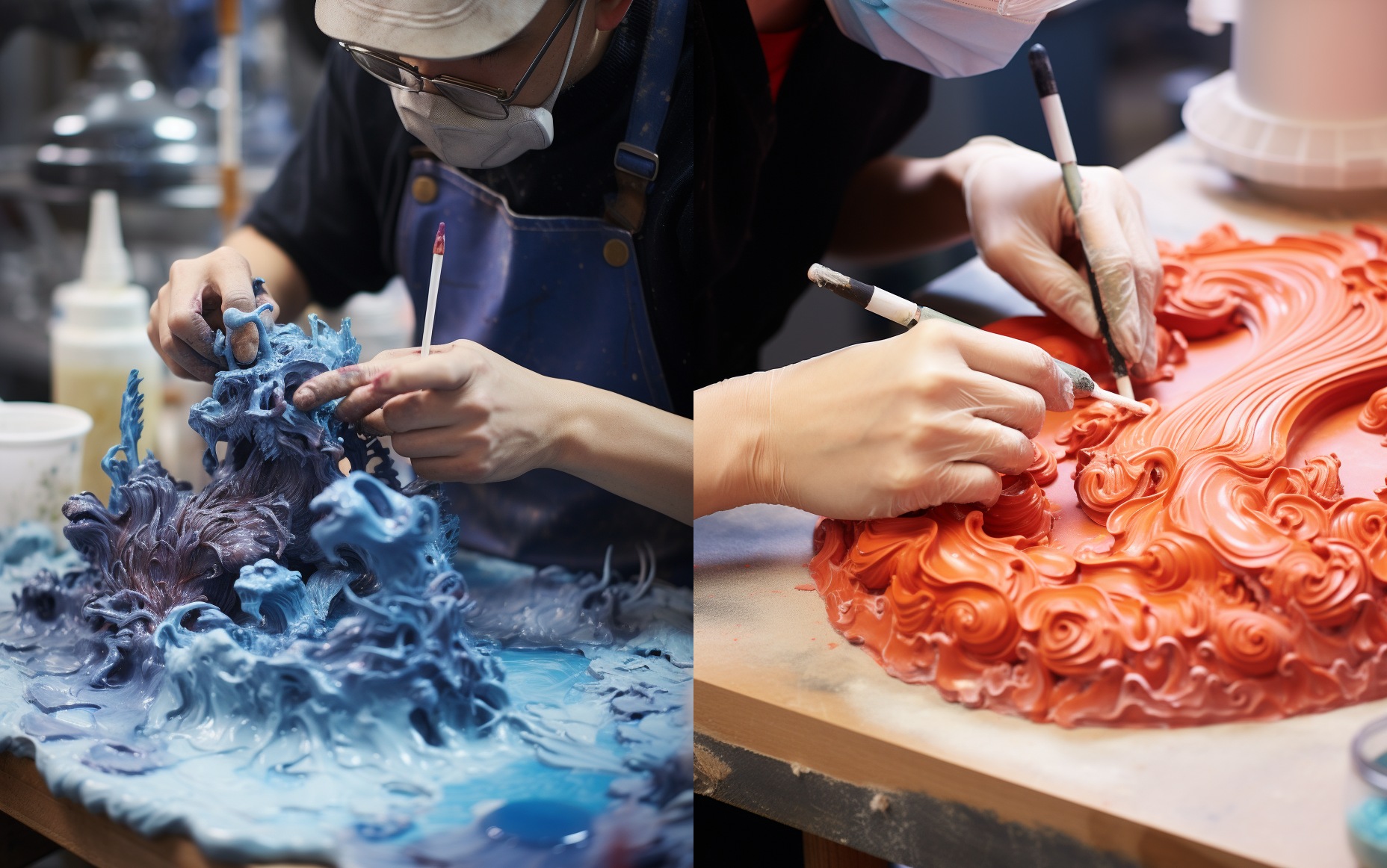Introduction to the Basic Performance of Organic Silicon Resin
Introduction to the Basic Performance of Organic Silicon Resin

The chemical structure of an organosilicone resin typically consists of an organic group connected to a silicon atom by an oxygen atom. This structure gives silicone resins unique properties, including excellent thermal and chemical stability.
The performance of silicone resin depends on the ratio of its organic and inorganic parts, known as the R/Si value. Generally, practical silicone resins have an R/Si ratio between 1.0 and 1.6, affecting curing temperature and resulting properties.
1. Heat Resistance: Silicone resin demonstrates outstanding thermal oxidation stability and superior heat resistance compared to ordinary organic resins.
2. Electrical Insulation: It exhibits excellent electrical insulation properties across various temperatures and frequencies, along with exceptional moisture, water, rust, cold, ozone, and weather resistance. While it resists most water-containing chemical agents, its solvent resistance is poor.
3. Weatherability: Silicone resin maintains its properties under prolonged exposure to harsh environmental conditions, including UV radiation and moisture.
4. Adhesion and Cohesion: It provides strong adhesion to various substrates and offers good cohesion, making it effective in coatings and adhesives.
5. Chemical Resistance: The material shows resistance to a wide range of chemicals, including acids, alkalis, and solvents, making it suitable for demanding industrial environments.
Silicone resin is a class of high-performance special materials that has been rapidly developed and widely used in recent years. For more information about silicone, please consult us.
The properties of silicone resin compared with general organic resin
| Property | Organic Resin | Silicone Resin |
|---|---|---|
| Heat Resistance | Easily oxidized and decomposed at high temperatures | High decomposition temperature (>250°C), minimal decrease in electrical properties at high temperatures |
| Electrical Properties | Significant decrease in electrical properties after immersion in water | Minimal decrease in electrical properties at high temperatures, minimal change with temperature |
| Water Resistance | High water absorption and slow recovery | High water repellency, low water absorption with quick recovery |
| Weather Resistance | Moderate weather resistance, susceptible to oxidation | Excellent weather resistance, resistant to oxidation and UV-induced reactions |
| Mechanical Strength | Strong intermolecular forces, high crosslink density, high mechanical strength | Weak intermolecular forces, low crosslink density, relatively weak mechanical strength |
| Solvent Resistance | Poor resistance to various organic solvents, poor adhesion | Good resistance to various organic solvents, good adhesion |
| Compatibility | Limited compatibility with other organic resins | Compatible with different types of resins, can be mixed for use |
